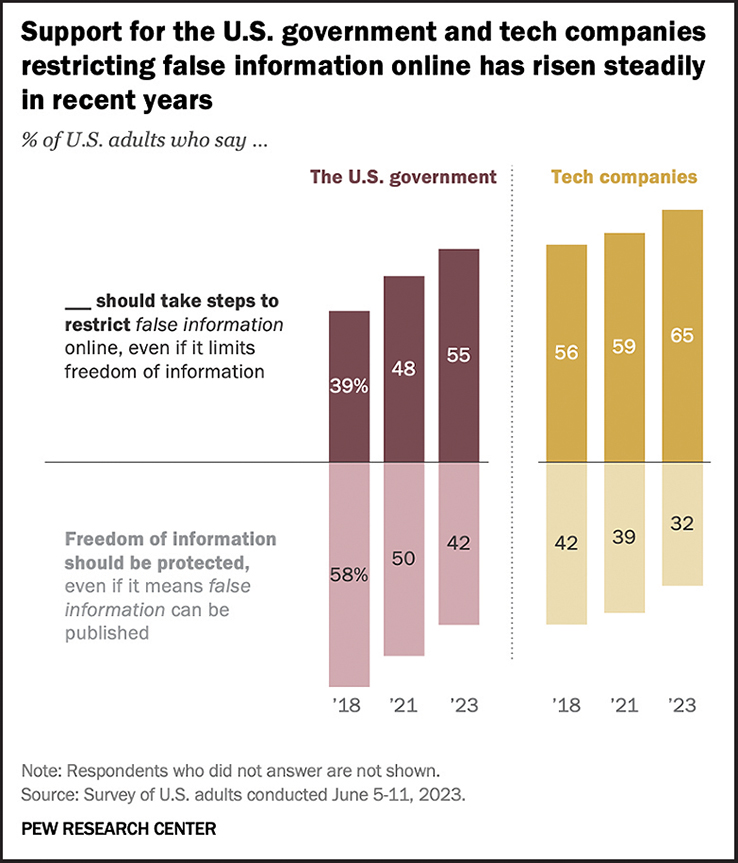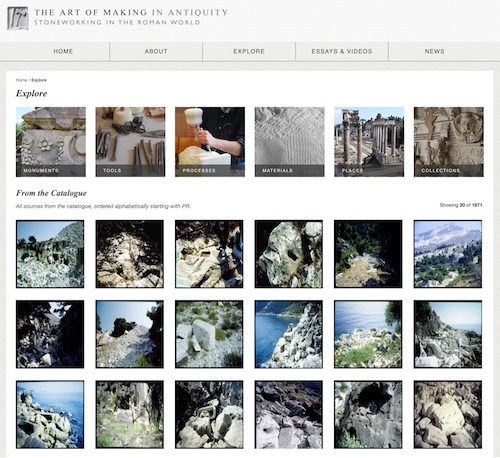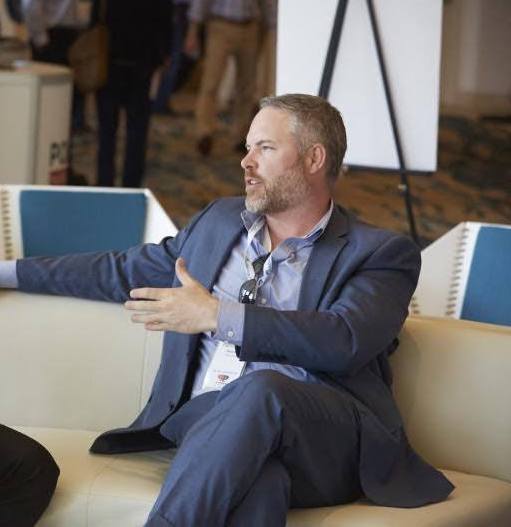Opinion
We cannot be caught flat-footed when library funding is called into question. Doing the work of capturing stories today will help ensure we’re prepared to deal with threats that we may face tomorrow.
In contrast to Meta CEO Mark Zuckerberg’s characterization of fact-checking as unwanted censorship, most Americans actually agree that the U.S. government and technology companies should each take steps to restrict false information and extremely violent content online.
One painful part of living through the pandemic for me was the sense that Americans were failing one another. Recent catastrophic weather events have brought back that same sense of unease. When deadly Hurricanes Helene and Milton made landfall last month, conspiracy theorists suggested they were manufactured for political benefit. Federal relief efforts were stymied by online misinformation, and a man was arrested for threatening FEMA workers. America, we’re not okay.
Whatever our personal politics across library land, the truth is that we live in a nation where a majority of voting Americans chose the candidate whose positions run counter to many policies and values that libraries support. So, what are we going to do about it?
As Lorcan Dempsey, formerly with OCLC, observed in portal: Libraries and the Academy (2008), “discovery happens elsewhere”—that is, people are using internet search engines, recommendations from social media, or emails from friends and colleagues to discover content. Search can be a powerful tool, provided you know what you are looking for. Yet there are significant problems associated with the search process.
My journey into librarianship was a bit unusual: Unlike those who began as a page or in an LIS role fresh out of grad school, my library career started in marketing. It was my job to understand the many ways the library brought value to the community and to develop stories and campaigns that shed light on the best aspects of our work. I was so inspired by what I saw in our branches that I eventually pursued a library degree. And as I deepened my knowledge, I saw that libraries could benefit from more attention to external communication.
Between September 22 and 28, the nation’s library community once again “celebrates” Banned Books Week, an annual event established in 1982 by the American Library Association (ALA) to profile acts of censorship and book banning in schools and libraries across the nation. Beginning with a “Library Bill of Rights” that ALA adopted in 1939, library leaders worked hard during the 20th century to hone a national image as defenders of intellectual freedom, opponents of censorship, and proponents of the freedom to read. But between 1939 and 1982 that image evolved to become an information silo of librarianship’s own making, one that was silent on or indifferent to issues of race and libraries.
For the past four years, EveryLibrary has been working to fight the book-banning movement. A large part of that fight is developing effective messaging against book bans, as well as conducting extensive message testing, surveys, and focus groups to understand the impact of messaging and determine which messages perform best.
ALREADY A SUBSCRIBER? LOG IN
We are currently offering this content for free. Sign up now to activate your personal profile, where you can save articles for future viewing






